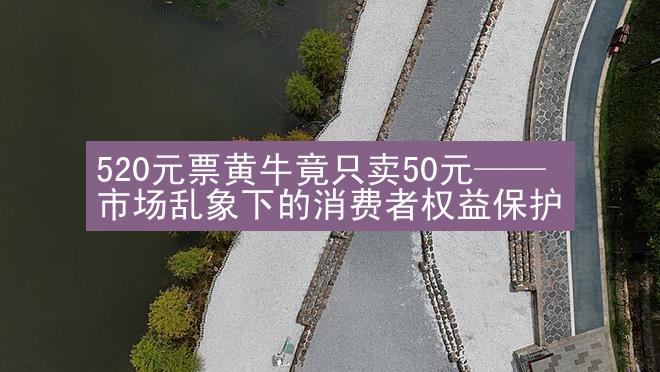关于传统文化的英语摘要:
传统文化是人类历史与文化传承的重要组成部分,包括风俗习惯、宗教信仰、道德规范、艺术形式等。它不仅是一个民族的独特标志,也是其历史和文化的积淀。在全球化的今天,传统文化对于维护文化多样性、促进国际交流与理解具有重要意义。通过学习传统文化,我们可以更好地理解一个民族的价值观、思维方式和生活方式,同时也可以继承和弘扬这些珍贵的文化遗产。在现代社会中,保护和传承传统文化至关重要。
英文表述为:Traditional culture is an important part of human history and cultural heritage, including customs, religious beliefs, moral norms, art forms, etc. It is not only a unique symbol of a nation but also the accumulation of its history and culture. In today's globalized world, traditional culture is crucial for maintaining cultural diversity and promoting international communication and understanding. By studying traditional culture, we can better understand a nation's values, thinking, and lifestyle, while also inheriting and carrying forward these precious cultural heritages. It is essential to protect and pass down traditional culture in modern society.
The Beauty of Traditional Culture
In the vast ocean of human history, traditional culture stands as a unique and irreplaceable treasure. It is a blend of diverse elements that have been passed down through generations, forming the foundation of a civilization's identity and heritage. This essay will explore the essence of traditional culture, its significance in modern society, and how it can be preserved and valued in the global context.
The Definition of Traditional Culture
Traditional culture encompasses the values, beliefs, customs, practices, art, music, food, and other aspects that have been passed down within a community or society over time. It is a cultural heritage that is shaped by historical events, religious beliefs, and the interactions between different social groups. Each traditional culture is unique and represents the diversity of human history.
Significance of Traditional Culture
1. Enhances Cultural Identity: Traditional culture serves as the backbone of a civilization's identity. It provides a sense of belonging and helps individuals connect with their cultural roots.
2. Preserves History: Traditional culture is a window into the past, preserving historical events, customs, and values that have shaped society. It provides a historical perspective on human life and culture.
3. Promotes Cultural Exchange: Traditional culture facilitates cultural exchange and understanding between different communities and nations. It helps to bridge cultural gaps and promote mutual respect and understanding.
4. Enriches Modern Life: Traditional culture provides a rich source of inspiration for modern art, music, literature, and other forms of expression. It enriches modern life by adding cultural diversity and creativity.
Preservation and Valuing Traditional Culture
1. Education: Educating the younger generation about traditional culture is crucial to its preservation. Schools can incorporate traditional culture into their curriculum, teaching students about its history, values, and practices.
2. Celebration: Celebrating traditional festivals and events helps to maintain the cultural traditions alive. It brings people together and helps to pass down the values and practices of traditional culture to future generations.
3. Documentation: Documenting traditional culture through books, videos, and other media helps to preserve it for future generations. It provides a record of the past that can be used for education and cultural exchange.
4. Supportive Policies: Governments can play a crucial role in preserving traditional culture by implementing policies that support its preservation and promotion. This includes funding cultural projects, protecting cultural heritage sites, and promoting cultural tourism.
Global Context of Traditional Culture
In the globalized world, traditional culture plays a crucial role in promoting cultural diversity and understanding between different cultures. As globalization brings about changes in people's lives and cultures, traditional culture provides a sense of continuity and stability. It helps to maintain the identity of each civilization and promotes mutual respect and understanding between different cultures.
In conclusion, traditional culture is a unique and irreplaceable treasure that shapes the identity of each civilization. It is crucial to preserve and value traditional culture in order to maintain cultural diversity and creativity in modern society. By educating the younger generation, celebrating traditional festivals and events, documenting traditional culture, and implementing supportive policies, we can ensure that traditional culture remains alive and well in the future.









